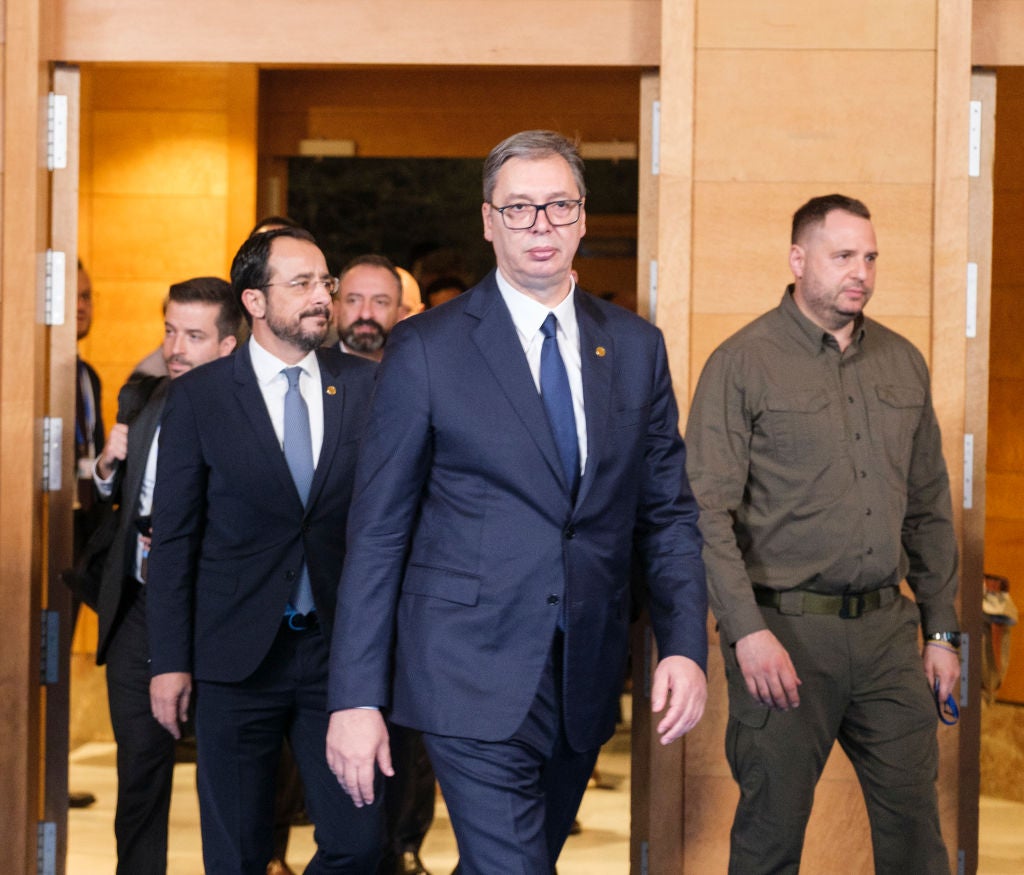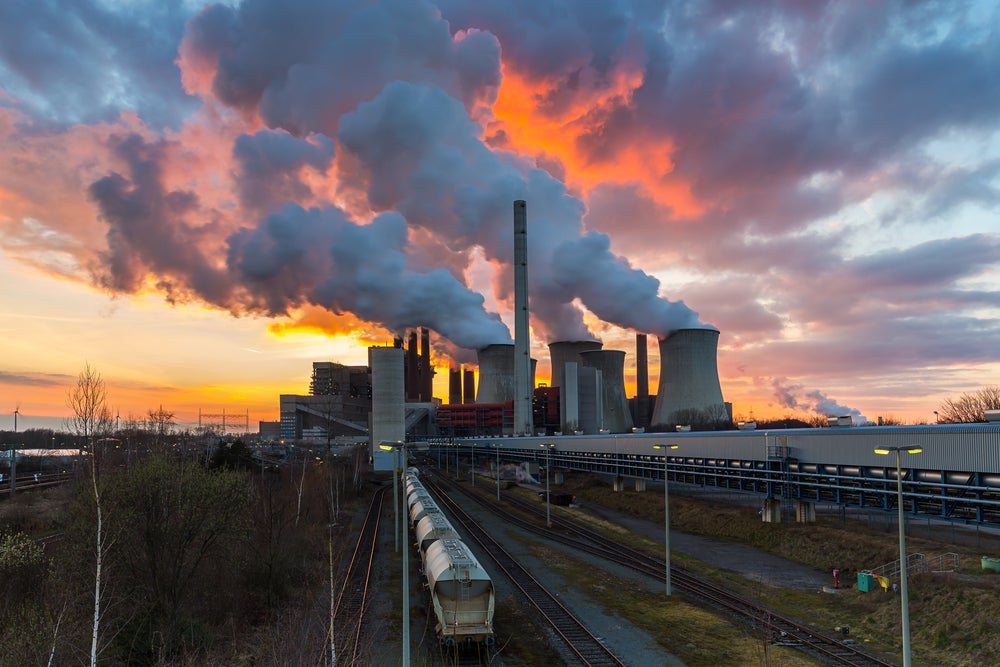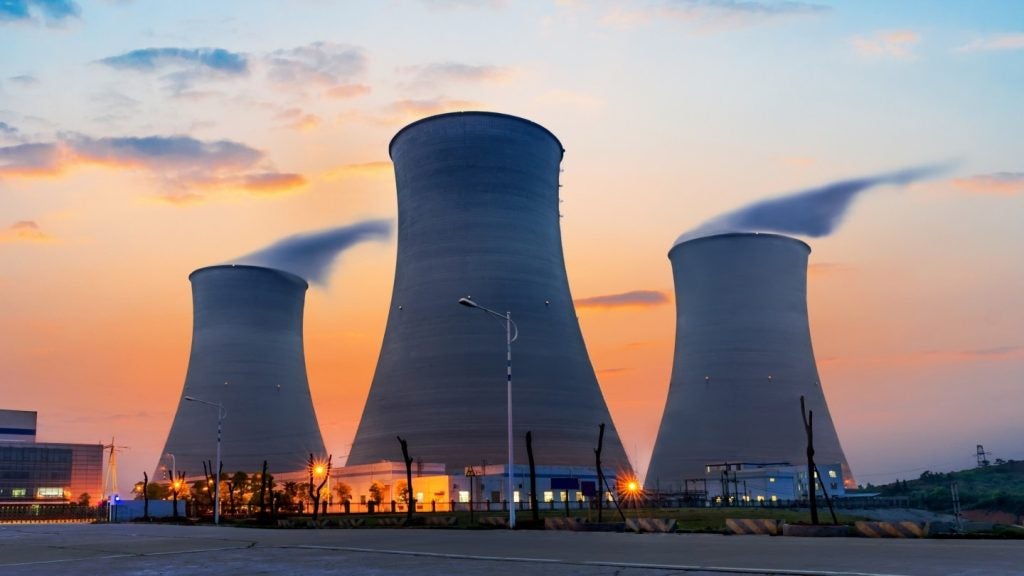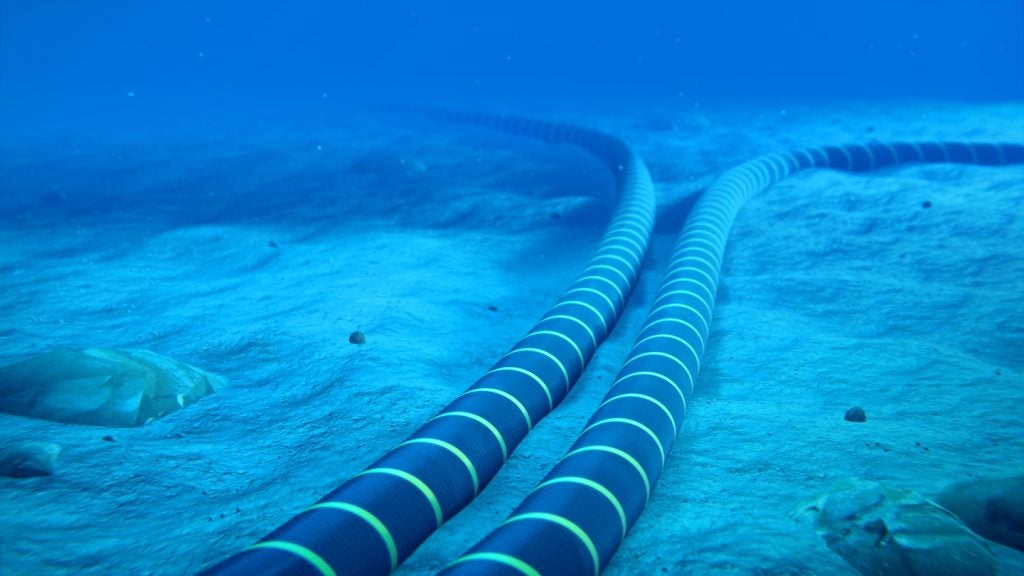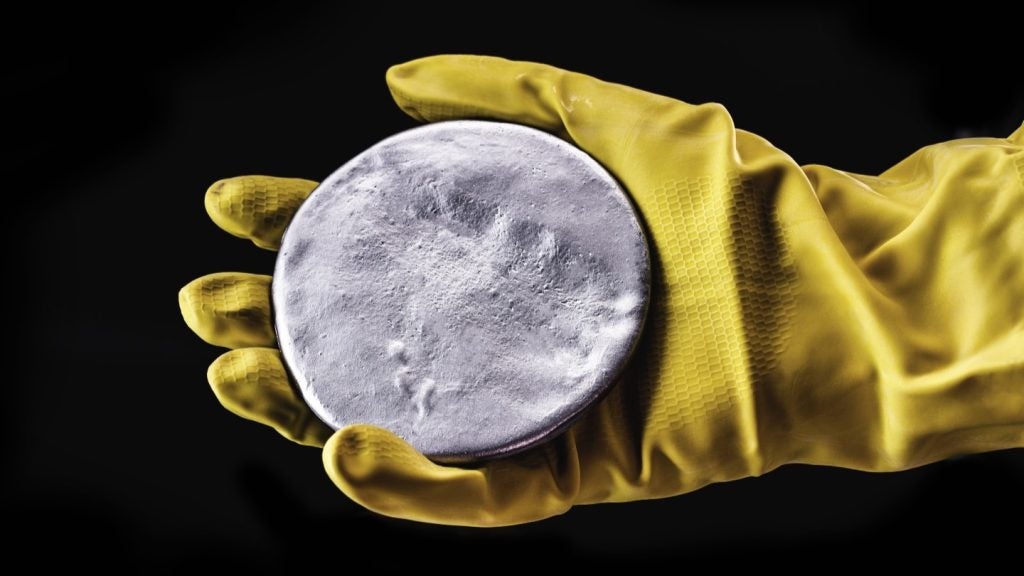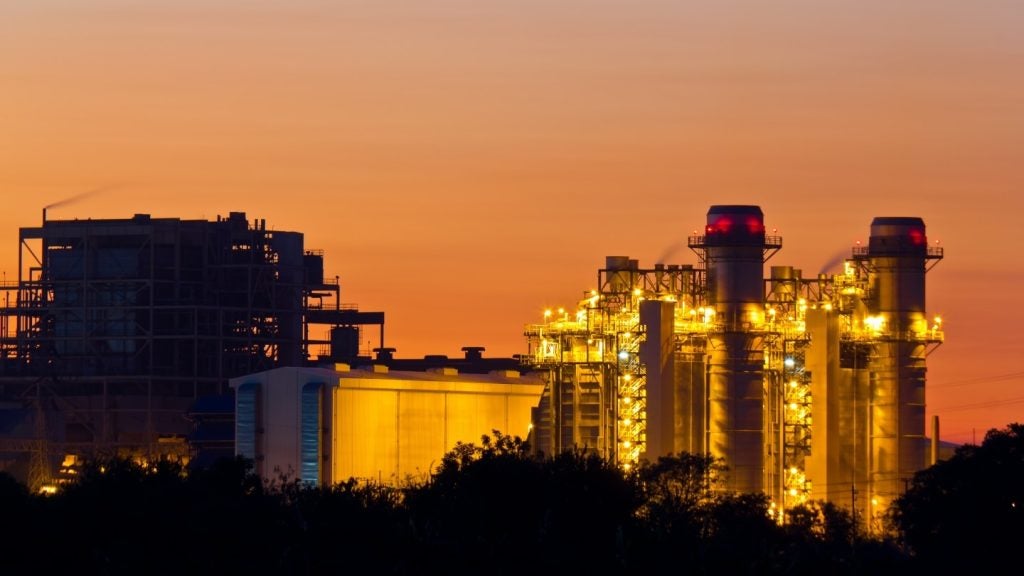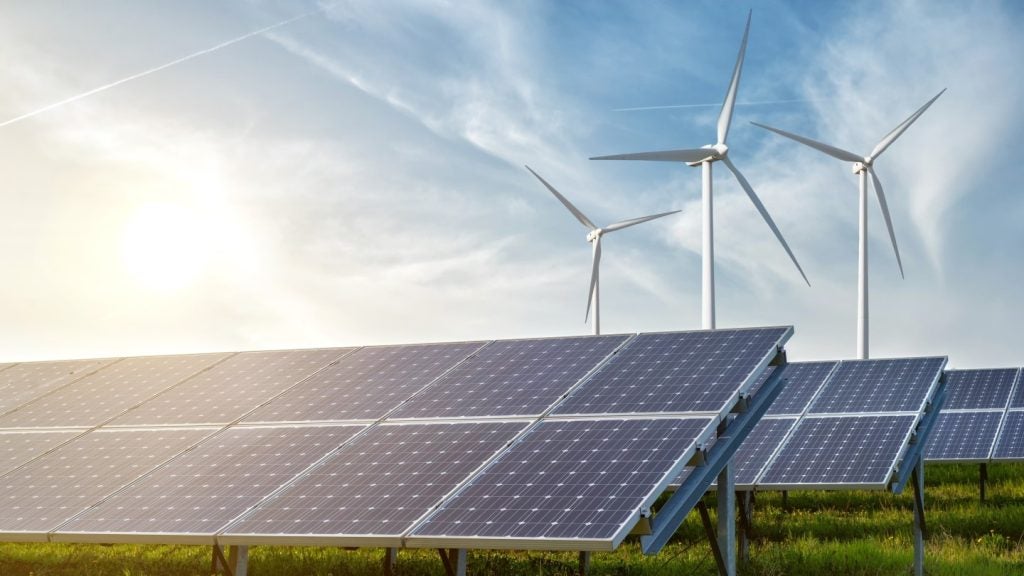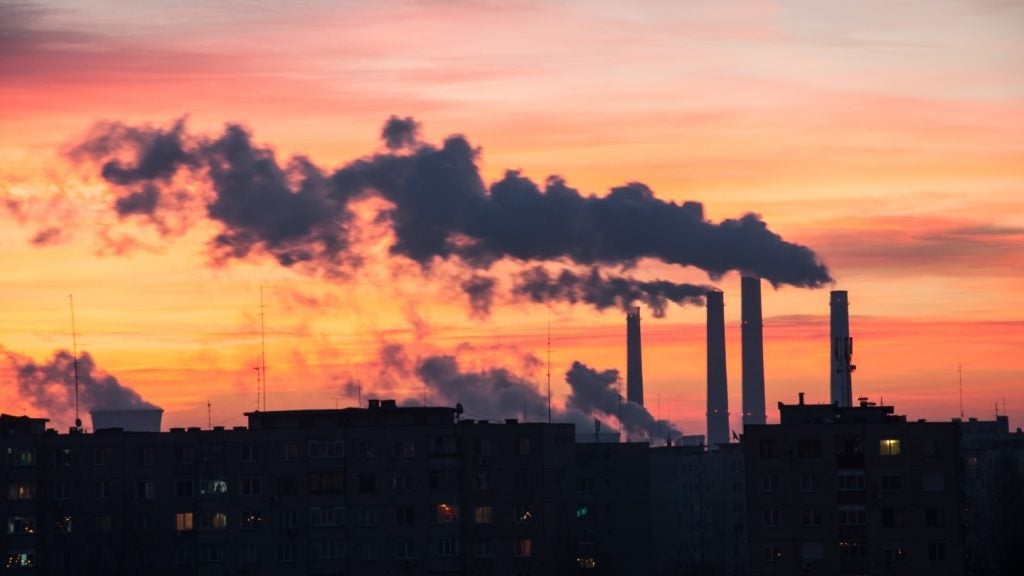Serbian President Aleksandar Vučić said his country will work towards 1.2GW of nuclear capacity from small modular reactors (SMRs), and it will need financing and support from other countries to achieve the goal.
Speaking at the Nuclear Energy Summit in Brussels last week, Vučić said that since the break-up of the former Yugoslavia, Serbia has not had significant experience constructing large-scale nuclear projects, according to World Nuclear News. He said he wanted to use the summit “to discuss big plans, big things for the future but we do not know how to implement it”.
“Today it is important that we understand how far behind we are and how we made wrong decisions in the previous 35 and 40 years. The importance attached to this summit indicates to us how much electricity we will lack in the future. To simplify, without nuclear energy we will not be able to survive the arrival of artificial intelligence or electric cars,” he said.
Vučić identified problems currently hindering the development of Serbia’s nuclear industry. Firstly, the country does not know where to source nuclear fuel and lacks access to financing, which he estimates will require around €8bn ($8.7bn). He called for help from the EU in addressing these problems.
The civilian population is also averse to nuclear projects; public sentiment towards nuclear had stayed fairly consistent since the construction of nuclear power plants.
Nuclear fuel production plants and facilities used for nuclear processing were banned in 1989 following the Chernobyl catastrophe three years earlier. Referring to this, he said: “We also need our people to change their mindset, which is not easy, but we are ready to do it, which means we will not only adjust, but have to change, the overall legislative framework, and we will do this.”


